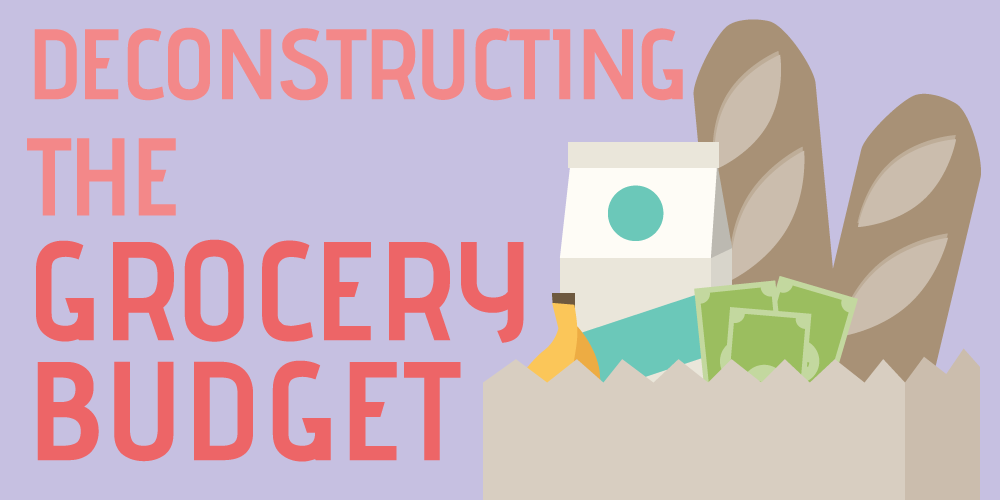If you’ve been hanging around Living in Flux for any period of time, you know that student loans are one of my topics of interest. I’ve talked about why I pay extra on my student loans each month. I’ve talked about what I think could help solve the student loan crisis in the United States. I even won the MyMoneyAppUp Challenge in 2012 for my app design concept to help student loan borrower more easily manage their student loan debt.
And while I’ve skirted around the topic on this site for over a year, I haven’t fully shared my student loan story.
That is, until now.
In my hiatus from posting this fall, I was trying to figure out how to tell my story. What my story is. Why I want to tell my story. How I want to tie the pieces of my story together. Whenever I thought about the story I wanted to tell, it always came back to my student loans.
But, as I’ve said, I’ve only skirted around the topic of my student loan story.
Here’s the truth: I gathered over $96,000 (including interest) in student loans over the course of my undergrad and graduate school careers. Over the course of two years, I’ve been able to pay off over $20,000 and I still have about $72,000 to go. My goal is to pay off my loans by the time I turn 30. For those of you counting, I have a little more than 3 years to go to reach that goal.
Honestly, it kind of takes my breath away when I see it written out like that. But there are a couple of things I’ve learned in dealing with this much student debt.
Things I’ve Learned In Dealing with Over $90,000 Of Student Debt
My student loan story isn’t terribly unique
I picked up the majority of my student loans during undergrad. Going to grad school is what helped bump me over the top from “pretty bad” to “OMG how am I going to be able to even eat?” bad. My accumulation of student loan debt is the result of a perfect storm of lack of financial education, good luck, bad luck, personal circumstance and the idea that the cost would pay off in the end.
It wasn’t like I took out student loans for every bit of tuition and expenses either. My $90,000 was AFTER getting about half of my tuition for 6 years of higher education covered by scholarships, financial aid, grants, work-study and assistantships. Let me say that again, the $90,000 in student loans was AFTER getting about 50% off of the sticker price.
The thing is: I’m not alone. There are millions of others out there like me. Student loan debt in the United States has surpassed $1,000,000,000 and the average student loan balance of a college graduate is over $27,000. While I’m way above average in my student loan balance, I know and have heard of many others who are saddled with the same large amounts of student debt as myself.
Coulda’ woulda’ shoulda’ doesn’t pay the student loan bills
Looking back, I’m not sure if I would have done things the way I did. But I can’t take them back. And I really can’t complain about where I’ve ended up. I have degrees in art history and library science and, so far, I think I’m doing pretty well considering I got two degrees that many might consider “useless” (that’s a conversation for another day though).
Whether I should have taken the student loans is neither here nor there at this point. I’ve taken them. So many other people have taken them. Wishing them away and wondering what could have been doesn’t pay the bills and it doesn’t reduce my debt. Luckily, I’m in a position and a career where I can say that so far the investment has been worth it.
To tackle student loan debt this big, you need a plan
Paying off $20,000 in student loans over the course of 2 years doesn’t just happen. It’s the result of many things: planning, living frugally, reducing expenses wherever you can, avoiding lifestyle inflation, throwing windfalls at the debt, and increasing your income however you can.
For better or worse, student loans and my payoff strategy are a deeply ingrained part of my life. Not a day goes by where I don’t think about my student loans, when my next payment is going to be and how I’m going to get to the end. My guiding light is my burning desire to get them out of my life for good.
Student loans are the long game of debt reduction
If you’re saddled with a debt this big, even if you make a decent salary, it’s still going to take time to pay off the loans. Typical student loan repayment plans last 10 years. If you’re on an extended repayment plan, it could take you 25 years. Even if you are paying them off aggressively ahead of time, you could still be looking at a several years to pay them off.
If I reach my goal of paying off my student loans by age 30, I’ll have been making payments on them for nearly 6 years. That’s a lot of time, people.
Student loan debt often comes in such large amounts that you have to think of the long game. Aggressively tackling debt in the short-term is one thing, but tackling debt over the several years to a decade to a couple of decades is another thing completely. There are only so many expenses you can cut before you can’t cut any more. There are only so many things that you can try to sell to make some extra cash. Eventually, you’ll have picked all of the low-hanging fruit, but need to continue on your path of reducing your debt. With long-term debt like student loans, it can be tricky to find the right balance between paying off your loans and still making room for living your life.
My story is about finding the balance between paying off my student loans and living life
In trying to figure out what my story is and the story I wanted to share, it kept coming back to student loans. But what do life, career, money, travel, goals and DIY all have to do with those? Those are the things I’ve written about previously and I like discussing those topics, but at the end of the day, they all seemed rather disconnected. A thread was there to connect them, but it wasn’t necessarily obvious.
Then it hit me: my story is about finding the balance between paying off my student loans and living my life.
In telling my student loan story, I want to focus on finding the balance between long-term debt reduction and still living life. Finding that balance involves:
- Finding ways to cut your budget
- Focusing on increasing your income through your current job or a side hustle
- Finding ways to cut costs on travel
- DIYing to save money
- Setting goals to keep yourself accountable
These are just a few of the many different avenues you can take to focus on paying off your student loans without it completely taking over your life. I want to pay off my debt and I’m willing to make sacrifices, but I don’t want to sacrifice everything.
Living in Flux is about the give and take of student loan repayment. It’s about finding ways to make do and have fun while still focusing intensely on getting that student loan debt paid off.
That is my story.



